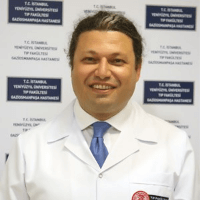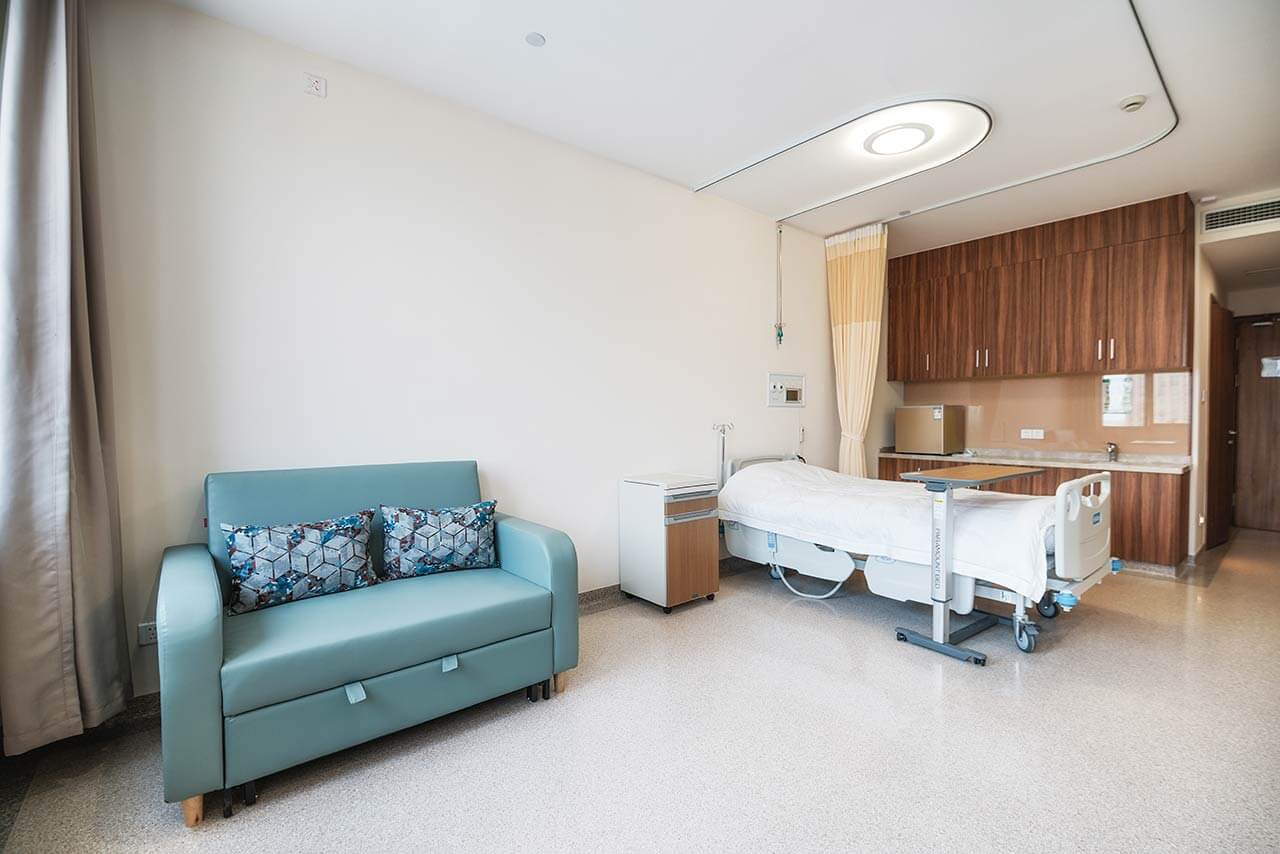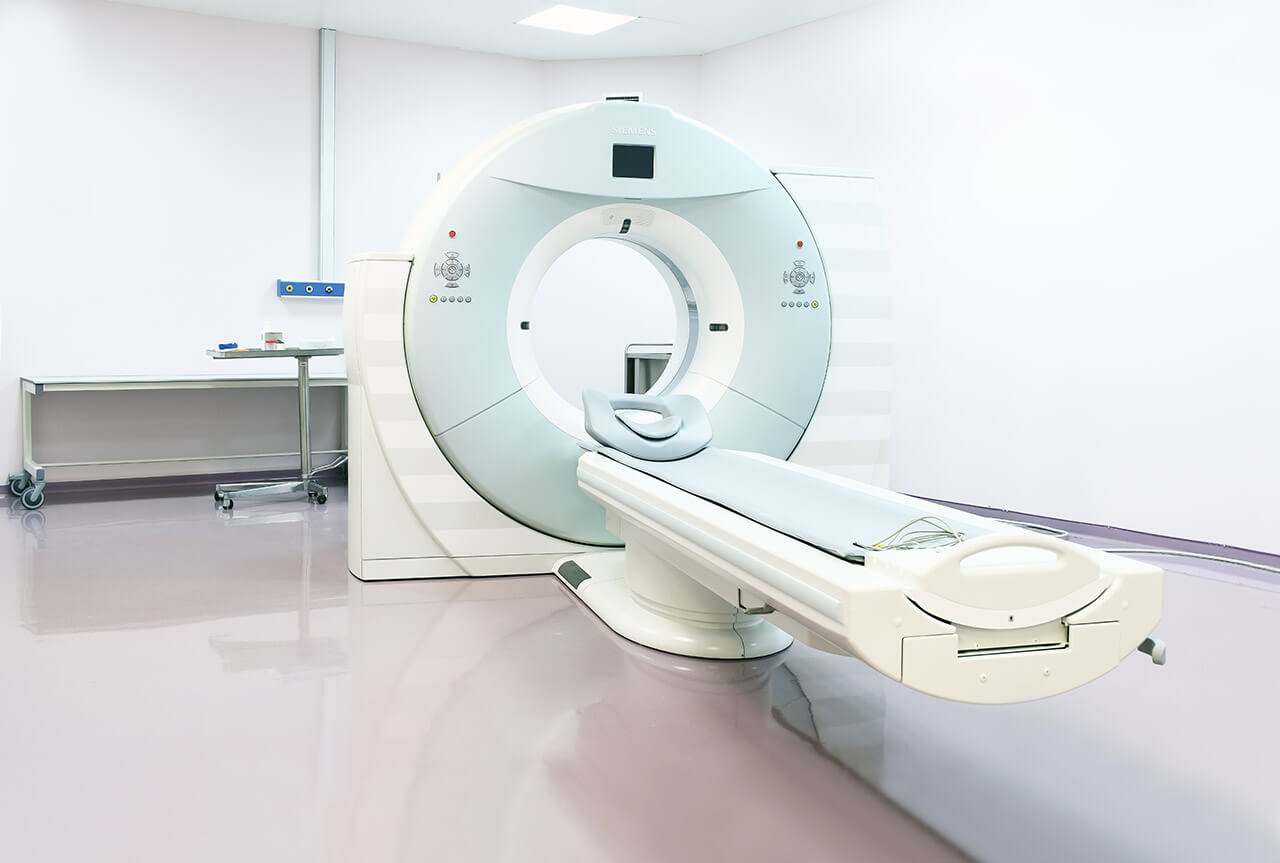
The program includes:
- Initial presentation in the clinic
- clinical history taking
- review of medical records
- physical examination
- laboratory tests:
- complete blood count
- biochemical analysis of blood
- thyroid function test (TSH-basal, fT3, fT4)
- mineral metabolism analysis (Na, K, Ca, Mg)
- lipid metabolism (HDL/LDL, cholesterol, triglycerides,
Lip(a), homocysteine) - iron content (ferritin, iron)
- blood coagulation analysis (aPTT, PT, INR)
- metabolic status (uric acid, total glucose, HbA1c)
- inflammatory parameters (CRP, ESR)
- cardiovascular disease risk markers
- lung function test (Spirometry)
- resting and exercise ECG
- Holter monitoring (24h)
- color doppler echocardiography
- color doppler sonography of cerebral vessels
- preparation according to preoperative standard
- Implantation of cardioverter- defibrillator
- symptomatic treatment
- control examinations
- the cost of essential medicines and materials
- nursing services
- full hospital accommodation
- explanation of future recommendations
- written statement
Required documents
- Medical records
- ECG (if available)
Service
You may also book:
 BookingHealth Price from:
BookingHealth Price from:
About the department
The Department of Cardiology offers the full range of comprehensive diagnostics and treatment of cardiac diseases. The department is headed by Prof. Dr. med. Nuri Kurtoğlu.
The admission of patients is carried out 24 hours a day. The department has been operating since 1992, and during this time more than 100,000 patients have been treated here. Cardiac diseases are successfully diagnosed and treated with the help of the very latest high-tech medical devices, for example, the Laboratory for Invasive Cardiology is equipped with an ultramodern Siemens angiography system used for both diagnostic and therapeutic purposes.
The medical team consists of 5 competent cardiologists and 20 specially trained nurses. The doctors of the department specialize in the procedures to detect stenosis and thrombosis of cardiac vessels with angiography and restoration of their patency with a balloon or stent implantation, non-surgical closure of some congenital heart defects, non-surgical stent implantation of the enlarged aorta, implantation of the permanent pacemakers, treatment of cardiac rhythm disorders using ablation, etc.
Special attention should be given to the department's diagnostic options, such as four accurate 3D echocardiography systems (including those for transesophageal echocardiography and stress echocardiography), nine Holter monitors for the diagnostics of cardiac rhythm disorders, five Holter devices for pressure measurement in arterial hypertension, as well as the equipment for cardiac CT, MRI and myocardial scintigraphy (in collaboration with the Departments of Radiology and Nuclear Medicine).
The service range of the department includes:
- Diagnostics and treatment of coronary heart disease
- Diagnosis and treatment of myocardial infarction
- Diagnosis and treatment of heart rhythm disorders (heart arrhythmias)
- Diagnostics and treatment of cardiac conduction disorders
- Diagnosis and treatment of inflammatory heart diseases
- Endocarditis
- Myocarditis
- Pericarditis
- Diagnostics and treatment of arterial hypertension
- Diagnostics and treatment of angina pectoris
- Diagnostics and treatment of heart failure
- Diagnostics and treatment of valvular heart diseases
- Diagnostics and treatment of other cardiac diseases
Curriculum vitae
Education and Professional Experience
- 1987 - 1993 Faculty of Medicine, Akdeniz University.
- 1993 - 1997 Assistant Physician, Kosuyolu Heart Training and Research Hospital.
- 1997- 2001 Chief Assistant Physician, Kosuyolu Heart Training and Research Hospital.
- 2001 - 2003 Associate Professor, Faculty of Medicine, Maltepe University.
- 2003 Cardiologist, German Hospital.
- 2003 - 2009 Cardiologist, Goztepe Safak Hospital.
Memberships
- Turkish Society of Cardiology.
- Interventional Cardiology Union of the Turkish Society of Cardiology.
- European Society of Cardiology.
- European Society of Cardiology, Working Group on Heart Valve Diseases.
- European Society of Cardiology, Acute Cardiac Care Association.
Medical Interests
- Interventional cardiology.
- Heart failure.
- Hypertension.
- Echocardiography.
Photo of the doctor: (c) Private Gaziosmanpasa Hospital
About hospital
The Gaziosmanpasa Hospital of Yeniyuzyil University is a private maximum care medical facility with the high standards of patient care. The hospital began its activities in 1992 and during this time has gained an excellent reputation in Turkey and in many other countries of the world.
The hospital building covers an area of 60,000 square meters and is designed to accept 350 inpatients. The construction of the hospital was designed using modern earthquake-resistant technology and carried out in accordance with the international requirements. The facility has 12 high-tech operating rooms with the advanced surgical and navigation systems, for example, DaVinci surgical system, Gamma Knife, etc. During the long years of productive work, the hospital has performed more than 60,000 successful operations and delivered more than 22,000 babies. It should be noted that the medical facility is especially focused on transplantology, surgery, cardiology, oncology, and reproductive medicine. Also, plastic surgery and hair transplantation are very popular.
In 2007, the hospital standardized the quality of medical services and received the prestigious ISO 9001: 2008 certificate. In addition, in 2009, the hospital was awarded Class A status, which means the highest level of medical care, and it maintains this title every year. Since March 2013, the medical facility has initiated a process for obtaining an internationally recognized and world-famous accreditation assessment model from Joint Commission International (JCI).
Photo: (с) depositphotos
Accommodation in hospital
Patients rooms
The patients of the Gaziosmanpasa Hospital of Yeniyuzyil University live in comfortable rooms of a five-star hotel level. The rooms are designed in beige and brown colors and they are equipped with all the necessary facilities, such as an automatically adjustable bed, a wardrobe and a bedside table for personal belongings, a small couch and armchairs for visitors, a TV and a telephone. Also, each room has an ensuite bathroom with shower and toilet.
Meals and Menus
The patients of the hospital are offered tasty and balanced three meals a day: buffet breakfast, lunch and dinner. Also, with appropriate clinical indications or if desired, a diet menu is provided.
Further details
Standard rooms include:




